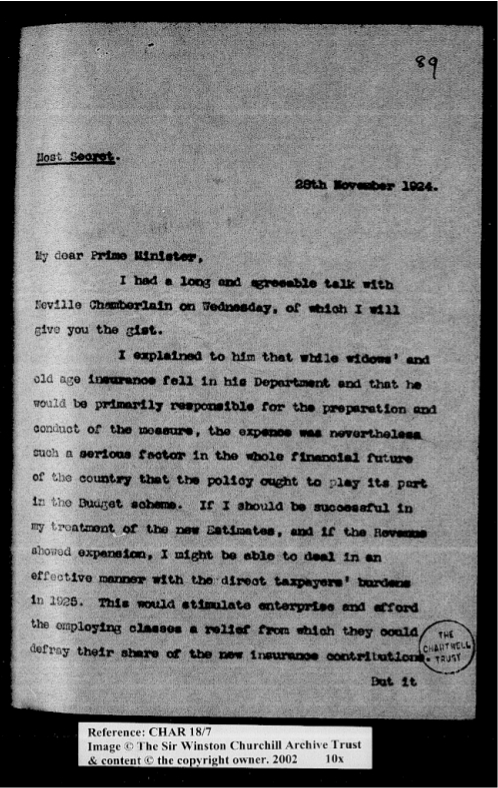Why History Matters
History connects the past with the present
History matters because it helps us as individuals and as societies to understand why our societies are the way they are and what they value. As Professor Penelope J Corfield says:
"Why on earth does it matter what happened long ago? The answer is that History is inescapable. It studies the past and the legacies of the past in the present. Far from being a 'dead' subject, it connects things through time and encourages its students to take a long view of such connections.
All people and peoples are living histories. To take a few obvious examples: communities speak languages that are inherited from the past. They live in societies with complex cultures, traditions and religions that have not been created on the spur of the moment. People use technologies that they have not themselves invented. … So understanding the linkages between past and present is absolutely basic for a good understanding of the condition of being human. That, in a nutshell, is why History matters. It is not just 'useful', it is essential."
Of course, it is easier to connect with your past if you come from a long-established, wealthy and powerful family as Churchill did. We can see that from an early age he was using notebooks to study and record the history of his family, particularly the military triumphs which really established the family’s prestige and influence.
Want to zoom in, download or print any of the following documents? Schools can benefit from additional functionality by registering for free access to the complete Churchill Archive here.
Available to view with free access to the Churchill Archive:
➜ View WSC’s history notebook, c. 1892 (images 1 to 3)
➜ View cartoon from Punch magazine, 1938 (image 4)
On the other hand, studying history can help us to feel a connection with the past as we discover that some human experiences are universal across time. For example, Churchill had to pay his electricity bills! In fact, he struggled to pay a lot of his bills. For example, here is a letter from Churchill to his wife Clementine, which he wrote to her in 1935 when she was away from home. As well as updating her on home improvements, Churchill sets out their financial situation and his plans to keep better track of their money so they can see what they are spending. He expresses completely ordinary concerns. After all many people today struggle to keep on top of their finances. It also reminds us that although Churchill has a mighty reputation, he was also a family man with a home and everyday concerns, particularly money.

Available to view with free access to the Churchill Archive:
➜ View letter from WSC to Clementine Churchill, 1935
The Churchill Archive can also remind us of the fact that whole societies, not just individuals, face challenges which prove difficult to overcome. An obvious example is health. Today, with all our wealth and resources, we still constantly hear of the struggle to provide adequate healthcare for all who need it. This is a problem which has been with all societies throughout human history. The Churchill Archive provides us with many examples of this, such as the letter below.


Available to view with free access to the Churchill Archive:
➜ View copy of a letter from WSC to Stanley Baldwin, Prime Minister, November 1924
Explore the other important reasons why we study history:
